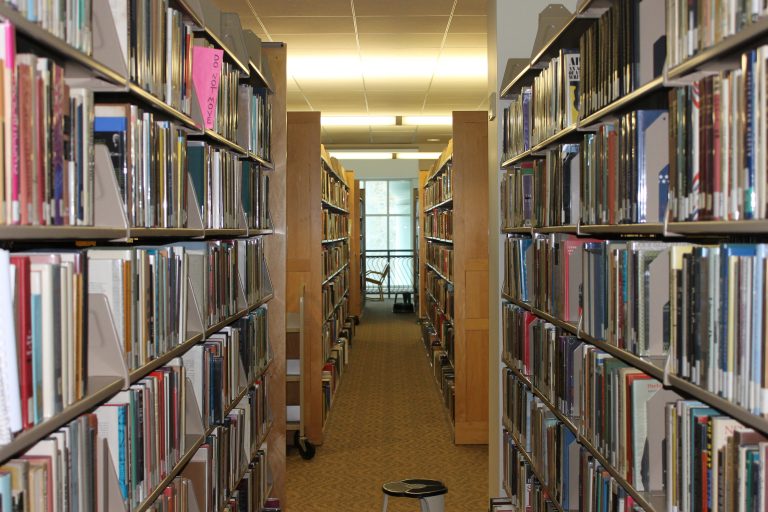Every college student can agree on one thing — college is hard. At the end of the semester, we all find ourselves running on empty and often experience burnout. Luckily, we get an entire month to take time for ourselves and refuel.
There are many things to do to recover from burnout, but according to Psychology Today, the first thing to do is identify the cause. They suggest making an inventory of the things that make you feel “stressed, anxious, worried, frustrated and helpless,” then modifying your routines in order to reduce stress.
“Consistent implementation of positive changes in your routine is the best way to see improvement,” said Dr. Sherrie Bourg Carter of Psychology Today.
The overall goal is to de-stress and find rest each day, and there are many small ways to do this which will have a big impact.
First, setting boundaries is important. Know when to say no and when to delegate.
“While you’re ‘recovering,’ avoid taking on any new commitments or responsibilities,” said Dr. Carter.
Saying no and reaching out to others for help with projects will make more time in your schedule to rest and reduce overall stress.
Not only should you identify what is causing distress and make changes, but you should also focus on your values. Kevin Bellew from the Asbury University Center for Wholeness and Wellness recommends doing a values exercise, which helps determine what is important to you.
“One very specific and helpful tool is to remind yourself what it is you value most in life by doing a values clarification exercise,” said Bellew. “After a long semester of hyper-focusing on academic work, students can forget what is really important to them. A values clarification exercise can serve as a gentle reminder of other significant aspects of life that can be lived into more fully with the freedom of the Christmas break.”
Bellew suggests focusing on these values and living into them, which will not only allow you to refuel, but will also help you live a happier, more enjoyable life.
“Without a doubt, we are happier and healthier individuals when we are living into what we value,” said Bellew.
Other methods of burnout recovery suggested by Bellew are “to sleep, exercise, eat nutritiously, engage in social relationships with family and friends as well as recall that you have hobbies, and then do them for fun.”
Overall, the best way to recover from burnout after the long semester is to take a break, do things you enjoy and focus on what makes you feel happier and rested.




